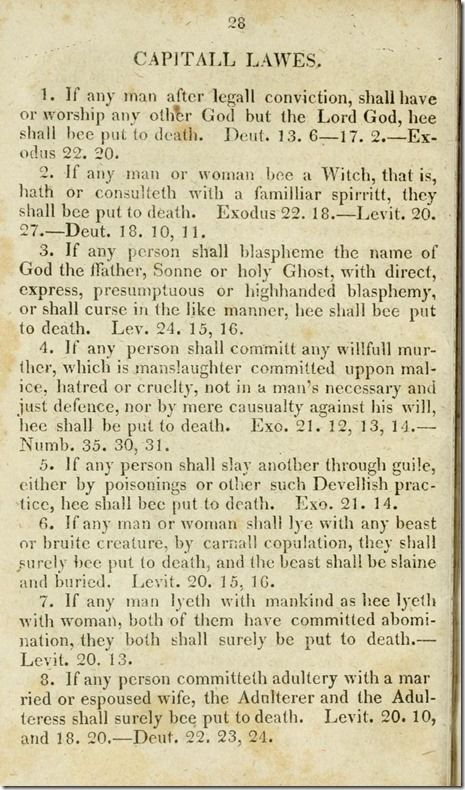Quote Paidon
“God had nothing to do with those atrocities or any other atrocities! Do you think that when a little girl is tortured, raped, and killed, that God was the author of that evil? Did He have some deeper purpose in “allowing” it? He didn’t allow it, in the sense that He gave permission to the one who committed the crime. It’s true that He did nothing to prevent it. But as I see it, this has everything to do with the fact that He created man with free will like Himself, and usually will never interfere with that free will.” Quote Paidon
I was speaking rhetorically agian Paidon, in the post you quoted. The above quote is a part of the point that I was trying to make. I was speaking to the conclusions that I would draw if I saw God as acting in a totally sovereign way with man, and there is a legitimate argument as to whether a Soveriegn God is implicated in that evil which He allows- unless there is a higher principle at work. There is something other than what I was sarcasticly stating going on, but for me it is deeper than God just “not interfering with free will”, it has to do with His teaching the corporate man a higher principle, which is YHWH himself, I Am portrayed in jesus on the cross.
There are two messages at work. “You are not as important as I am, I will do to you what I must, or what I want, for what I need, or what I desire.”
The other is “You are more important than I am, because I love you, and I will do anything to bring you into love, even die”.
These atrocious events of which I have spoken, are the result of the first message. Everyone is guilty on some level, or has been at some time, of accepting or promoting that message(Col 1:21; 3:7, Eph 2:3). God is speaking to the collective consciousness of man (and also the individual cells within it) though the events themselves which He allows- not just to avoid contradicting our will, but to demonstrate the superiority of the second message, into which He is bringing all.
The loudest trumpet of that second message, the unavoidable, indelible image of it, is Christ crucified.
As the two messages act out across the immense landscape of the ages, the collective consciousness of man is being illuminated- as Steve alluded to earlier "because of the hardness of your hearts Moses gave you divorce but now, in the new reality, that will no longer fly "(paraphrase  - but in the earlier ages, God has His lampstands, His lights in the heavens. man has never been totally without His voice, but man has never been totally without His interference either. Look at the flood. Big time putting a stop to the free will of man.
- but in the earlier ages, God has His lampstands, His lights in the heavens. man has never been totally without His voice, but man has never been totally without His interference either. Look at the flood. Big time putting a stop to the free will of man.
So God is not totally sovereign(because He doesnt want to be)- and He is not totally hands-off either- but why?
Well, who has known the mind of the Lord and who has been His counselor?
Not me! I am probing, shooting in the dark, looking through a glass darkly, but I think the reason is about free will- being set free from self will into the glorious liberty of the children of God, which requires someone(Jesus) to proclaim the message, “I will die to bring you into love”(Thy will be done on earth as it is in heaven), but also the Father moderates the process according to a dispensation suitable to the fulness of times- the gathering of all things into one in Christ. Which is why I think Jesus is drawing us, not dragging us- which is why I think all these atrocities are allowed to continue.


